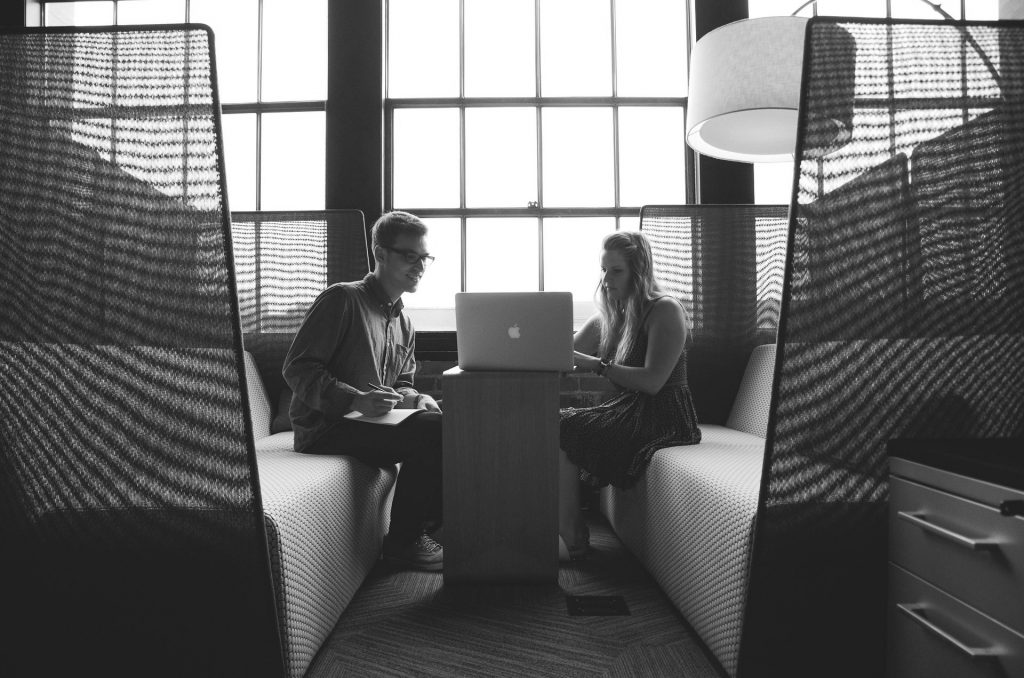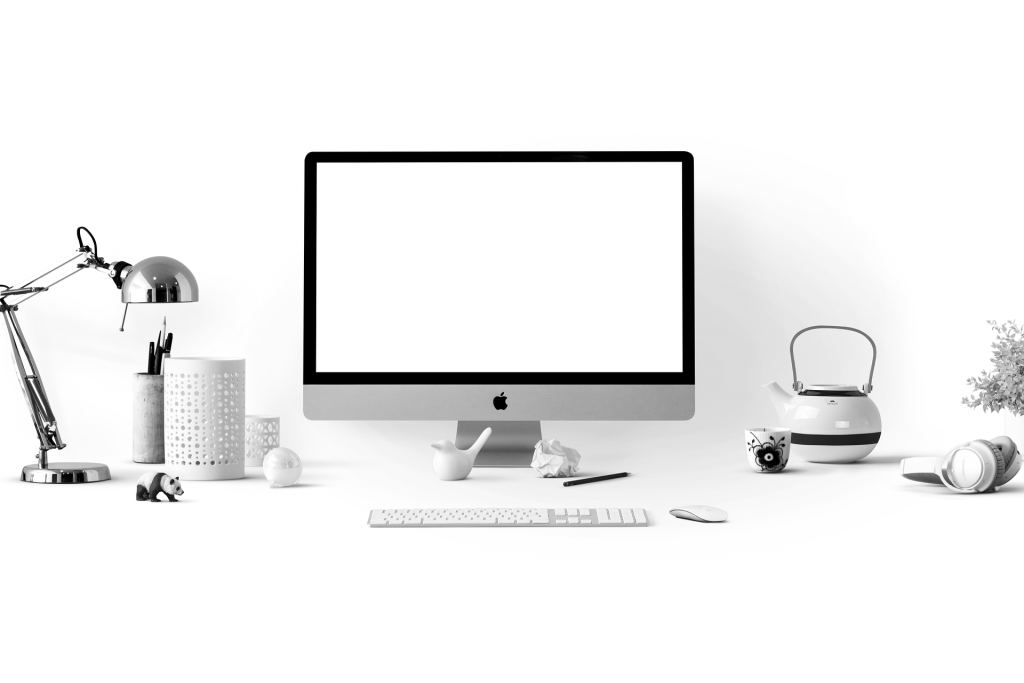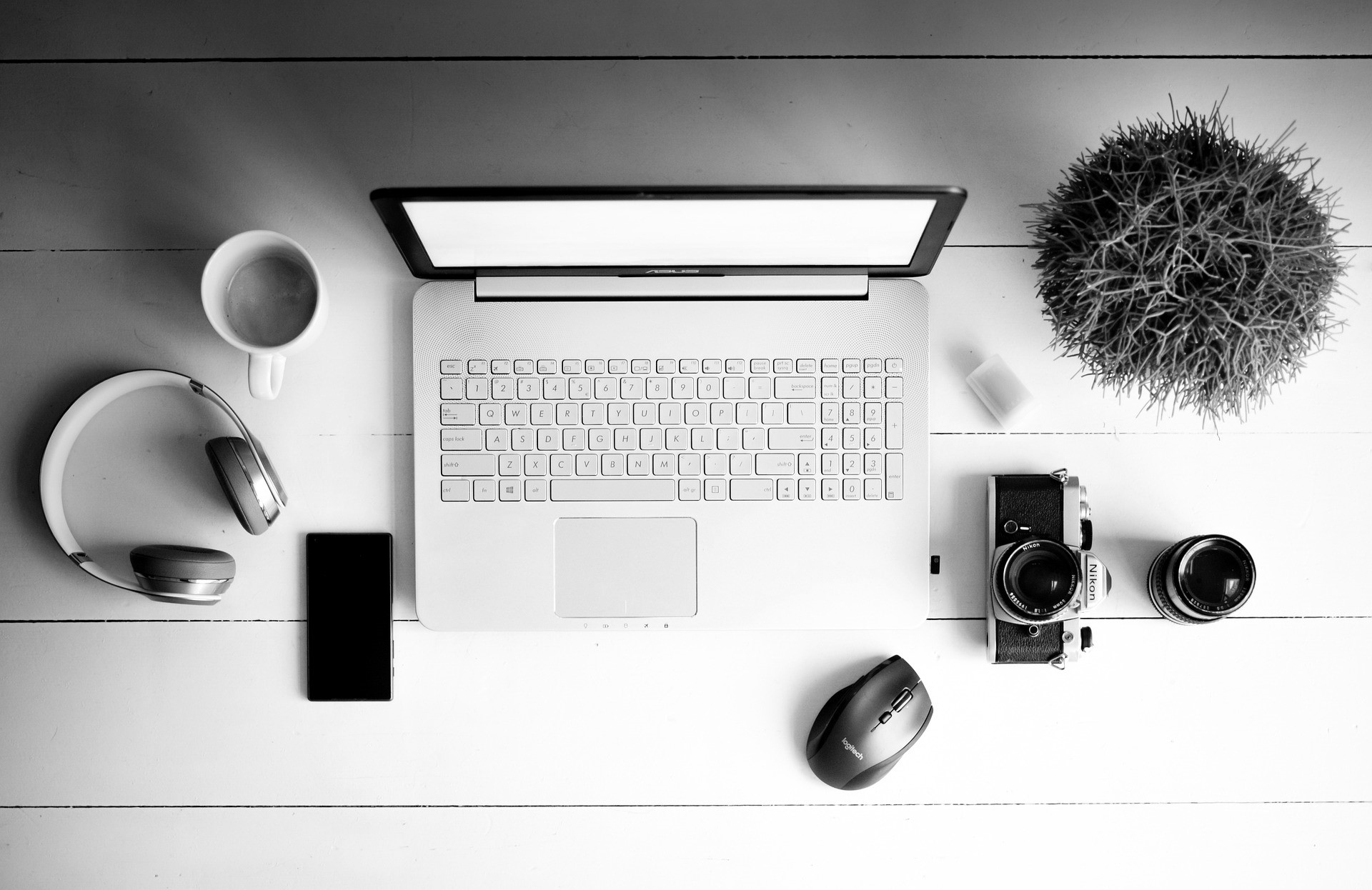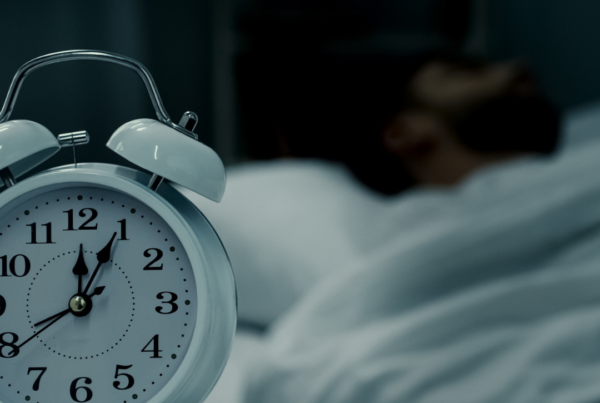As it is the new year, many people will be looking to have a clear out and get organised. Lots of you may be doing this at home but it is also important that the office environment is kept tidy and organised. After all; a clear space is a clear head! Working in a neat and tidy office is good for productivity as well as employee wellbeing.
Lets have a look how you can keep your workplace tidy.
Why Tidy?
Some people are tidy and others are not. That’s just a fact. But it has been proven that working in organised spaces is much better for productivity and an overall feeling of wellness.
We aren’t suggesting you go completely Marie Kondo here – just try and introduce some organisation into your most used spaces.
If you haven’t heard of Marie yet, she’s the tidying guru who claims her ways of organisation can ‘transform lives’. Her eight-part series which aired on Netflix this January has been much discussed online. Now, Marie mainly helps people clean their homes but we definitely think her philosophy can be incorporated into the workplace.
This quote, taken from Marie’s book, The Life-Changing Magic of Tidying Up: The Japanese Art of Decluttering and Organizing is a great example of how you can applying her strategy in the workplace:
“Visible mess helps distract us from the true source of the disorder.”
With this quote in mind let’s think of a few ways you can get your office organised and encourage employees to join in.

5 Tips for Organising Your Office
- Start with a big clear out. Get employees to pitch in and help with the clear out. Don’t be tempted to schedule this as a voluntary, after work activity. Clearing office clutter is important and therefore should be done in work time. With everyone helping, it shouldn’t take long – why not schedule in half a day where everyone can get stuck in and clear out their own desks and communal office areas?
- Think practically about what items need to be kept in your office. Marie suggests only keeping objects that ‘spark joy’ in you but we doubt anyone is going to feel affection for an old laptop or waste paper bin so instead, examine each object and think ‘how is this used’. Only keep things that are used. If you have a corner full of ancient office equipment, a fax machine or broken chairs, for example, you aren’t ever going to use them again so show them the door!
- To keep things organised, make sure everything has its own home. Making a place where each object ‘lives’ means it’s easier to find things and easier to put them away. Once you have decided where things live, use draw dividers and storage boxes and then label them very specifically. Yes, even down to having a specific place for a stapler to live in a drawer! This super organised way of storing items means that it becomes more noticeable when things are becoming messy as you will find things in places that aren’t their ‘home’.
- An excellent way of keeping up with organisation is making tidying a regular activity – not something that is a one off occasion. Why not have the fifteen minutes every Friday afternoon where employees tidy desks and communal areas? It’s a quick and easy way to stay on top of clutter and it means that everyone comes into an organised workspace on Mondays!
- Talk to employees about the importance of a tidy workplace and think about introducing a clear desk policy. This will give each employee a sense of responsibility for their own workspace. A clear desk policy doesn’t have to mean a barren boring desk – why not suggest that employees can have two personal items on their desk? Sticking to a limit means objects will be chosen with more care and desks won’t look messy.
Tidy = Wellness
Still not convinced about the health benefits of organising? There are various articles you can read online that explain how science has proven that an organised home and workplace can not only contribute to mental wellness but physical health too.

Back in 2011, a study done by Princeton University found that clutter can actually make it more difficult to focus on specific tasks. Researchers found that the visual cortex becomes overwhelmed by task-irrelevant items, making it difficult to allocate attention to the task that needs completing.
Another study carried out at Indiana University, found that people with clean and organised homes are healthier. The study showed that the participants who kept their houses tidy were in better health and more active than those who didn’t. It is thought that this is related to stress levels and raised cortisol levels in untidy people.
Contact Us
We hope you found our article on office organisation helpful and interesting. If you are interested in other ways of looking after the health and wellbeing of your employees, then check out our wellness app.










